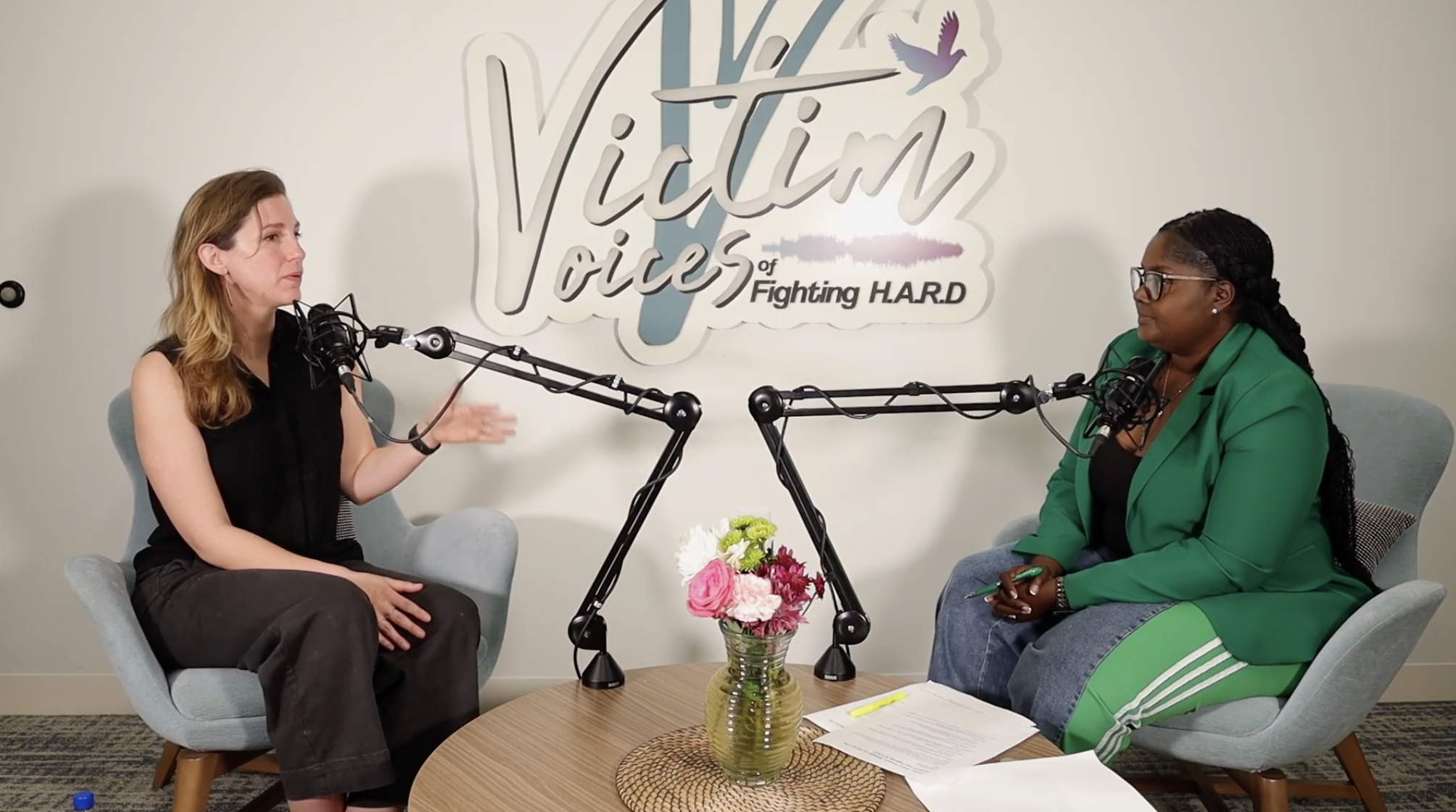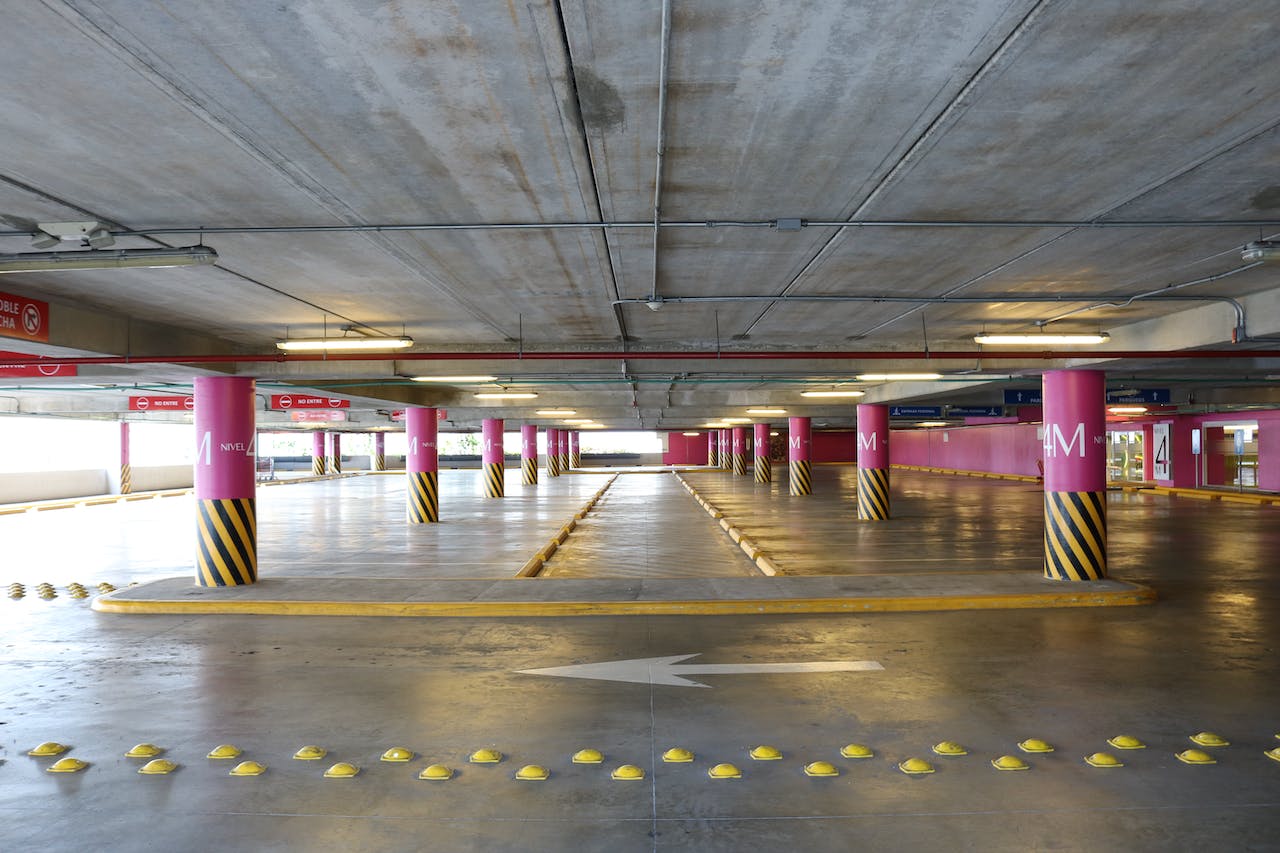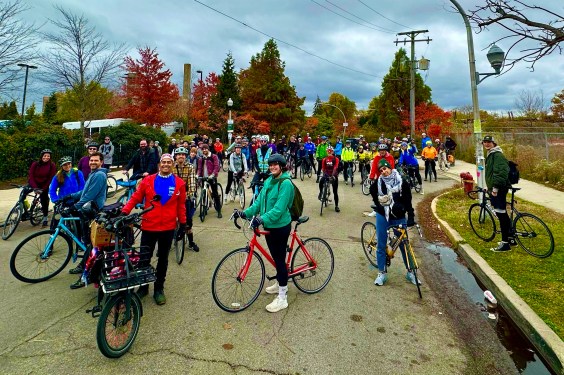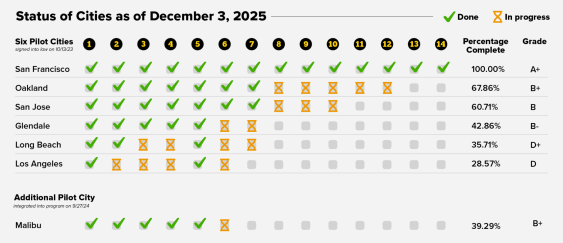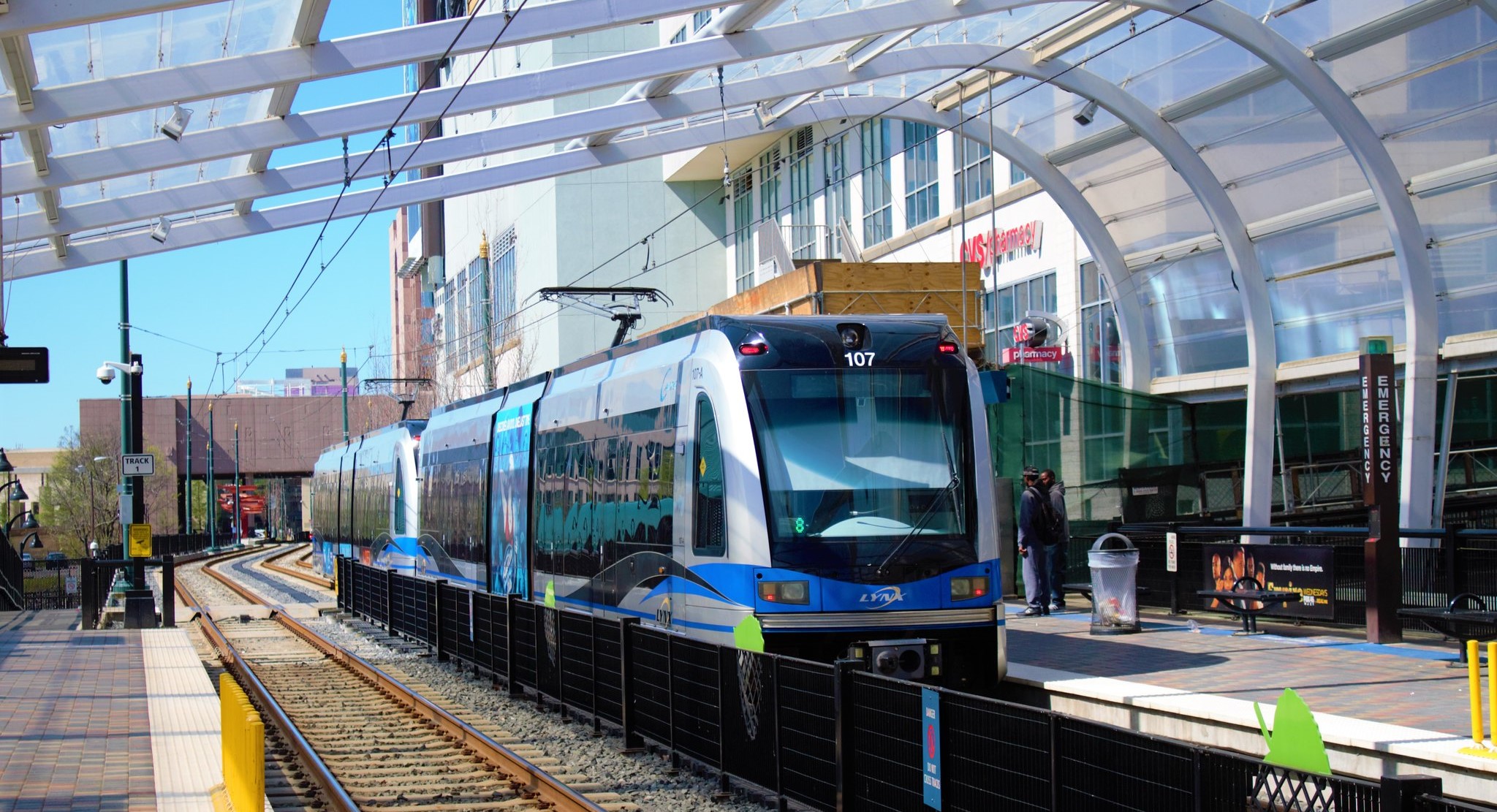
It's no secret that major coastal cities are dealing with a housing shortage that's causing runaway rents. What's less well understood, however, is how low-density zoning not only limits the supply of housing but affects the U.S. economy more broadly.
Pete Rodrigue at Greater Greater Washington points to a study estimating the economic impact of policies like single-family zoning and height limits, which restrict access to places where economic opportunity is greatest. Even looking at just three regions, the effect is huge:
Economists Enrico Moretti and Chang-Tai Hsieh find that if we lowered restrictions that keep people from building new housing in just three cities (New York, San Jose, and San Francisco) to the level of the median American city, US GDP would have been 9.7% higher in 2009—about $1.4 trillion, or $6,300 for every American worker...
Just changing zoning practices in those three cities would lead to some massive shifts, according to the authors. One-third of workers would change cities (although they wouldn't necessarily move to those three metros). Even under a less drastic scenario, in which 20% of US workers were able to move, GDP would be 6.5% higher. Fewer people would live in places like Detroit, Phoenix, or Atlanta, but those who remained would earn higher wages. And, of course, the likely reduction in sprawl would help address local air pollution, global warming, and habitat loss.
Rodrigue suggests how the implications of this work should be applied in the DC region:
Addressing this problem doesn't necessarily require us to put skyscrapers in Bethesda or Friendship Heights, turn the Palisades into Tysons Corner, or Manhattanize Takoma. More human-scale, multi-family housing in these places, currently dominated by single-family detached homes, could be a massive boon to the middle class and poor.
Elsewhere on the Network today: Transportation for America shares case studies about how local governments are measuring the public health impacts of transportation infrastructure investments. Charlottesville Tomorrow explains how form-based zoning has benefitted Nashville. And Treehugger suggests how to interpret a new study about bike helmets' ability to prevent head injuries.
